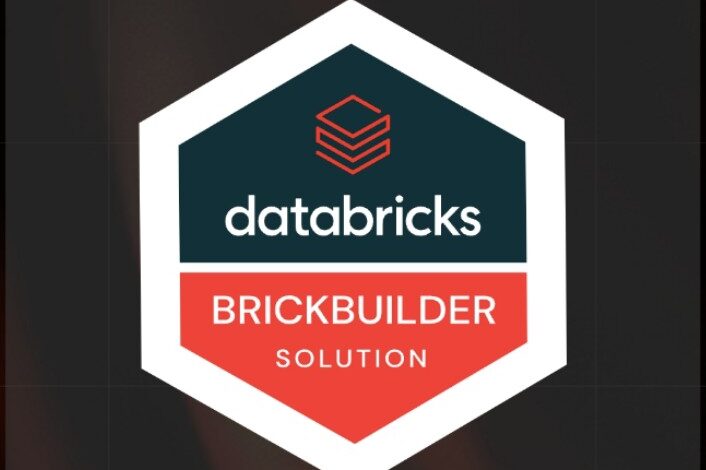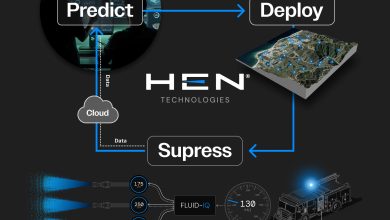
Legacy ETL systems, once the backbone of data processing, are now struggling to keep up with today’s data-driven business needs. These systems are slow, costly, and difficult to scale, making them a bottleneck for enterprises seeking real-time insights and AI-driven analytics.
Databricks Lakehouse provides a unified, high-performance solution that eliminates data silos, accelerates insights, and reduces costs. This modern approach is driving enterprises to migrate away from legacy ETL systems. Here are seven key reasons fueling this transition:
1. Unified Platform for All Data Needs
Traditional ETL tools require separate environments for structured and unstructured data, leading to silos and inefficiencies. Databricks Lakehouse offers a single platform that:
- Stores structured, semi-structured, and unstructured data
- Supports batch and real-time processing
- Enables AI and machine learning without additional integrations
2. Real-Time Data Processing for Faster Decision-Making
Legacy ETL pipelines often introduce delays, preventing businesses from acting on data instantly. Databricks Lakehouse supports real-time data streaming and processing, allowing organizations to:
- Adjust retail pricing dynamically based on demand
- Detect fraudulent banking transactions instantly
3. Optimized Performance with Cost Efficiency
Maintaining and optimizing legacy ETL systems is expensive. Databricks Lakehouse improves cost efficiency through:
- Auto-scaling compute resources to minimize expenses
- Faster query execution using Delta Lake’s ACID transactions
- Serverless processing to eliminate manual infrastructure management
4. Simplified Data Governance and Security
Managing data governance across fragmented ETL tools is complex and risky. Databricks Lakehouse simplifies governance with:
- Fine-grained access controls at the row, column, and table level
- Automated data lineage tracking for complete transparency
- Built-in compliance with industry regulations like GDPR, HIPAA, and CCPA
5. Agility and Scalability with Cloud-Native Architecture
Scaling traditional ETL systems requires costly upgrades and extensive manual intervention. Databricks Lakehouse offers:
- On-demand scaling with cloud-native infrastructure
- Support for hybrid and multi-cloud environments
- Vendor flexibility without lock-in concerns
6. Reduced Operational Complexity and Faster Insights
Traditional ETL processes involve multiple tools and manual workflows, leading to inefficiencies. Databricks Lakehouse streamlines the process with:
- Automated ETL and data quality checks
- Real-time processing to accelerate decision-making
- Reduced dependency on manual intervention
7. Future-Ready for AI and Generative AI
Legacy ETL tools were not built for AI workloads. Databricks Lakehouse enables enterprises to:
- Train and deploy AI models at scale
- Integrate large language models (LLMs) for real-time applications
- Leverage vector databases for Generative AI use cases
How Impetus’ LeapLogic Simplifies ETL Migration to Databricks Lakehouse
Migrating to Databricks Lakehouse may seem complex, but Impetus’ LeapLogic automates the process for a seamless, secure, and cost-effective transition. LeapLogic enables up to 95% automation in migration through:
Step 1: Assessment
- Automated evaluation of legacy ETL workloads
- Blueprinting optimized Databricks-native architecture
- Prescriptive migration roadmap with cost estimates
Step 2: Transformation
- Automated conversion of ETL logic, SQL scripts, and workflows
- Query optimization via notebook-based editing
- Verified performance SLAs with executable package delivery
Step 3: Validation
- Automated pipeline-based validation
- Data accuracy checks with entity-level and business rule validations
- Ensured consistency across systems
Step 4: Operationalization
- Infrastructure as Code (IaC) for deployment
- Automated DevOps integration for seamless cutover
- Continuous monitoring and optimization
Conclusion: The Future Belongs to Databricks Lakehouse
Staying with legacy ETL systems increases costs, slows insights, and limits AI opportunities. Databricks Lakehouse is the scalable, cost-efficient, and future-ready solution enterprises need.
If concerns about migration challenges are holding you back, Impetus’ LeapLogic can simplify the transition with end-to-end automation, minimizing risk and accelerating time to value.
Ready to modernize your ETL workloads? Reach out to explore how Impetus’ LeapLogic can help you seamlessly migrate to Databricks Lakehouse.


